The front lines in Syria’s civil war have largely remained unchanged since 2020, despite intermittent bursts of intense fighting. Over the past four years, President Bashar al-Assad has maintained control over much of the country, including its major cities. Meanwhile, a coalition of mostly Islamist rebels, led by Hayat Tahrir al-Sham (HTS) and sanctioned by Turkey, has been confined to a pocket of territory in Idlib and parts of the western Aleppo countryside. To the north, Turkish troops and their allied militias occupy territory once dominated by Kurdish fighters along the border, while in the northeast, the Kurdish-led Syrian Democratic Forces (SDF)—a key U.S. partner in the fight against the Islamic State—have established a zone of semi-autonomy.
However, the recent Turkish-led offensive has altered the status quo, introducing an unpredictable dynamic to the conflict. Turkish President Recep Tayyip Erdoğan now appears to have decisive influence, though whether he can maintain control remains uncertain. Erdoğan is unlikely to want the situation to spiral or for Assad’s regime to collapse entirely. Much will depend on HTS’s actions—whether the group consolidates its power in Aleppo and focuses on governing in line with its Islamist agenda, as it has in Idlib, or if it sets its sights on advancing south beyond Hama should Assad’s defenses weaken. The latter scenario could usher in unintended consequences for Turkey.
Erdoğan has been pressuring Assad to open channels for reconciliation for months, but the Syrian leader has rebuffed these overtures, demanding a complete withdrawal of Turkish forces and their allied militias from Syrian soil. Many analysts view the offensive as an effort by Turkey to compel Assad to negotiate a political settlement, which could pave the way for Erdoğan to address one of his most pressing domestic challenges: repatriating 4.7 million Syrian refugees currently living in Turkey.
Any form of reconciliation, however, is likely to come at a significant cost to Syria’s Kurds. Kurdish self-rule in the northeast could be diminished as a result. Turkish forces and their proxies are already expanding into Kurdish-held areas near the border. Over the weekend, the Turkish-backed Syrian National Army captured Tal Rifaat, a key Kurdish stronghold, along with other towns and villages controlled by the SDF to the east of Aleppo.
Russia’s position in this shifting landscape is notable. Like Iran and Hezbollah, Assad’s other key allies, Moscow is preoccupied with its war in Ukraine. So far, Russia’s military response has been limited, with its warplanes conducting only a few bombing missions in support of Assad’s forces. This lack of full engagement has raised suspicions that the Kremlin may have been aware of the offensive in advance and does not mind seeing pressure mount on Assad.
In fact, Moscow has its own interest in pushing for rapprochement between Assad and Erdoğan as a way to secure political stability in Syria. Such a resolution could open Syria to lucrative economic opportunities for Russian businesses while safeguarding its strategic military assets, including its air and naval bases in the country. Over the summer, the Kremlin made multiple attempts to arrange direct talks between Assad and Erdoğan, but these efforts were unsuccessful. It remains to be seen how this new wave of conflict will reshape the battered nation and the interests of those with a stake in its outcome.




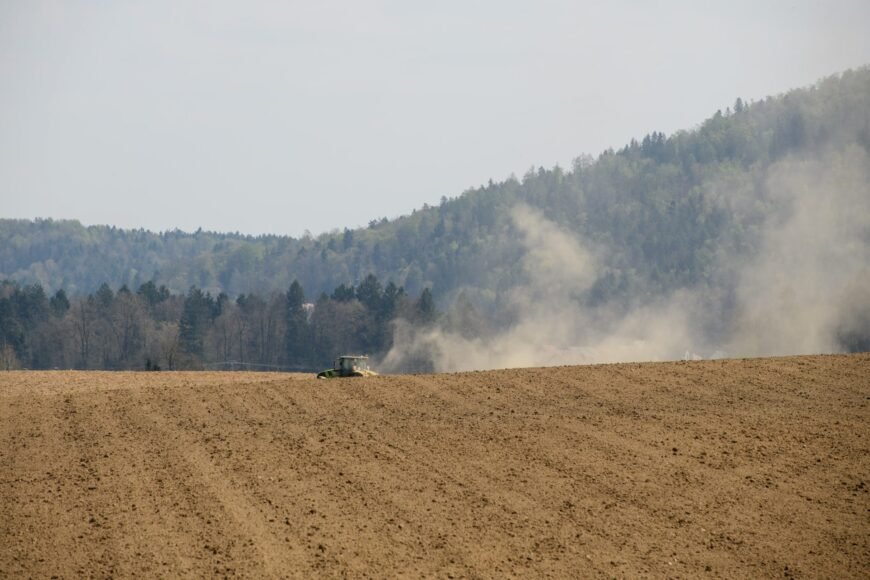
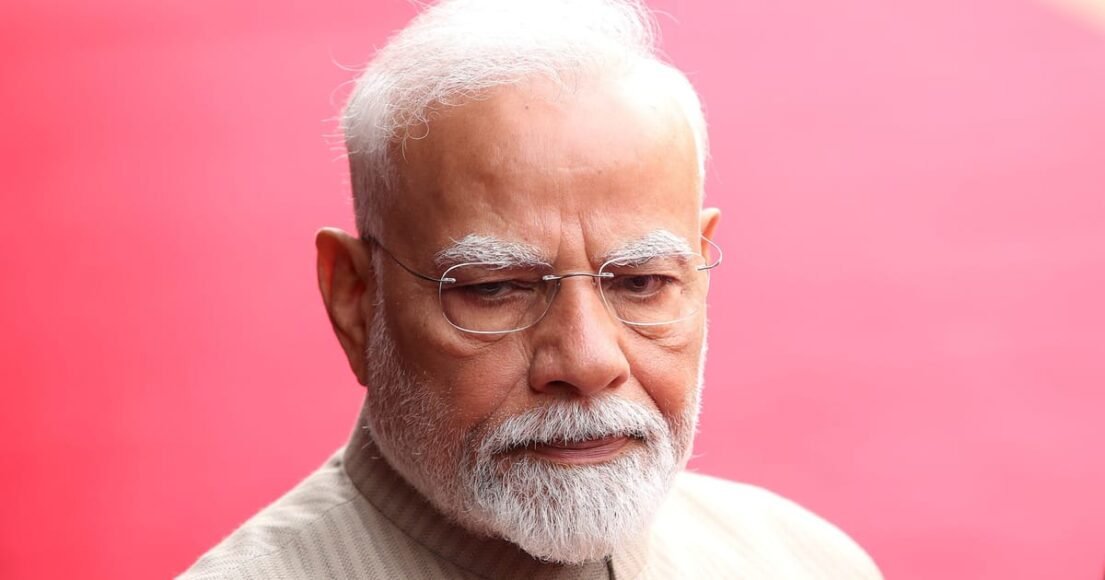
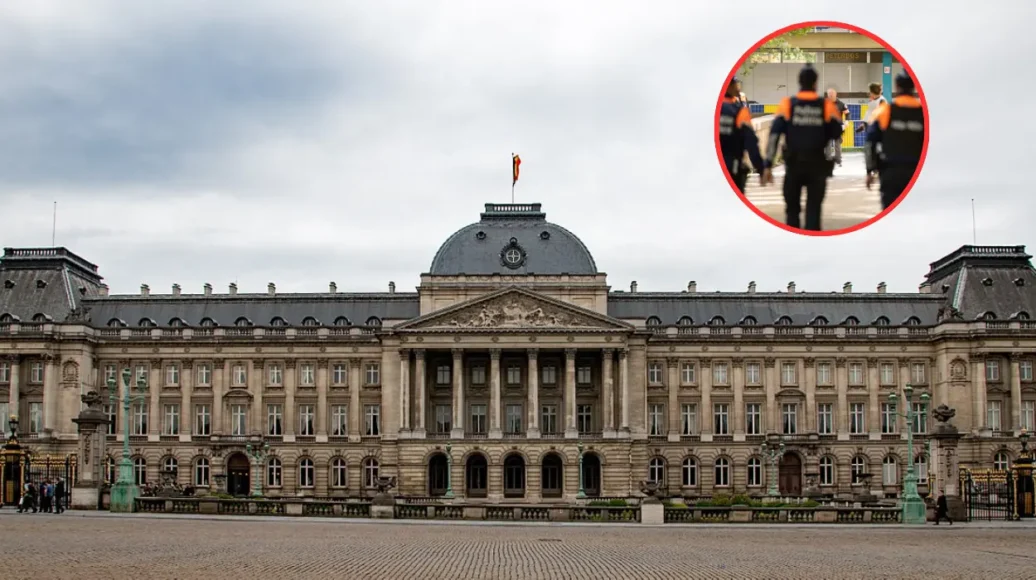

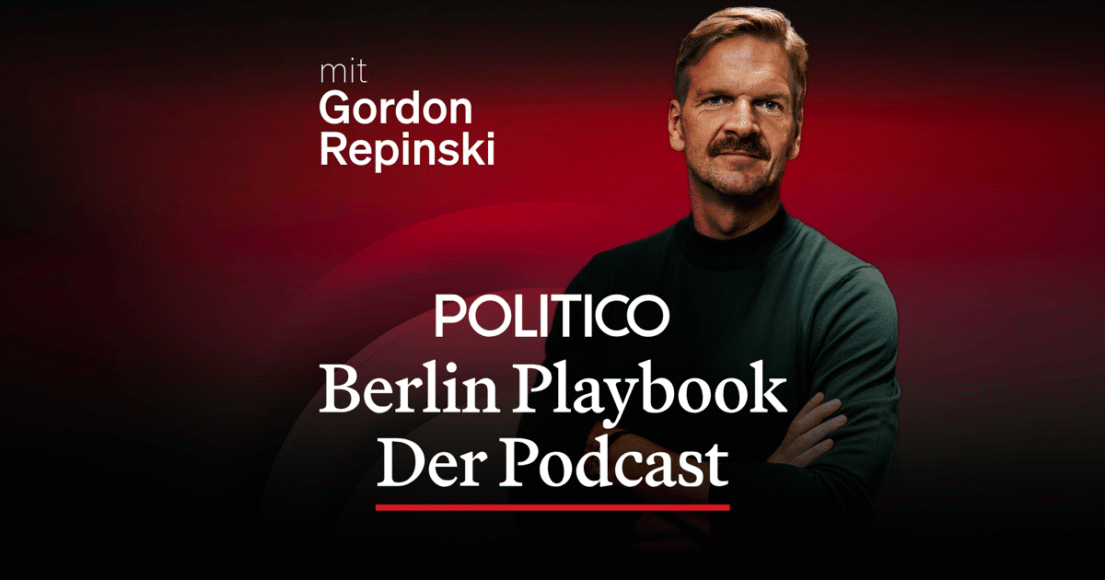
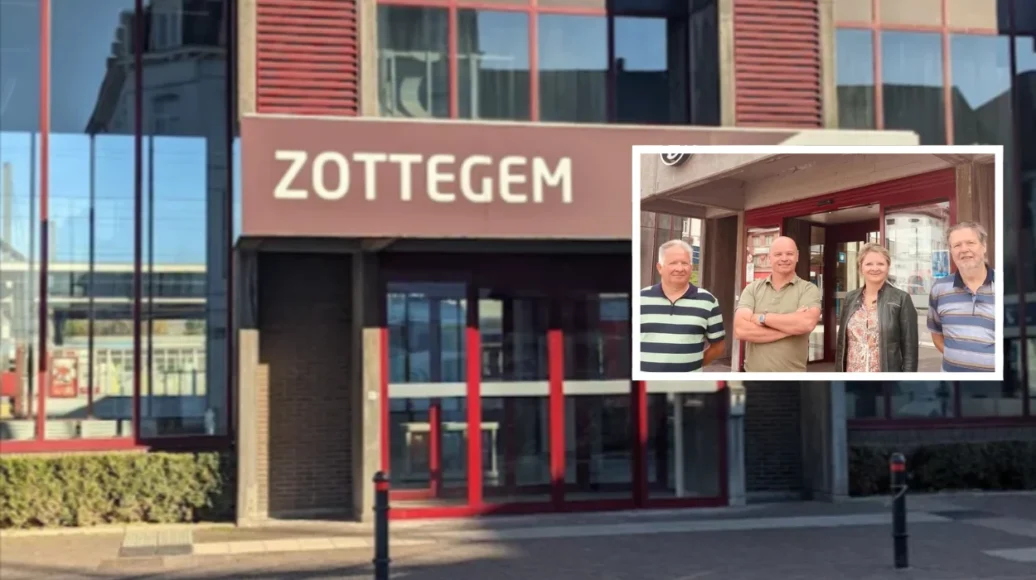
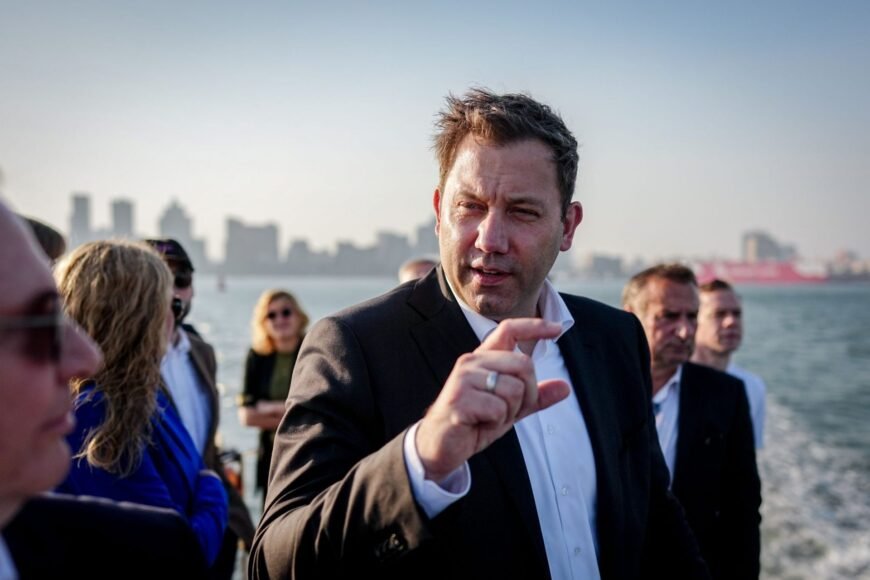

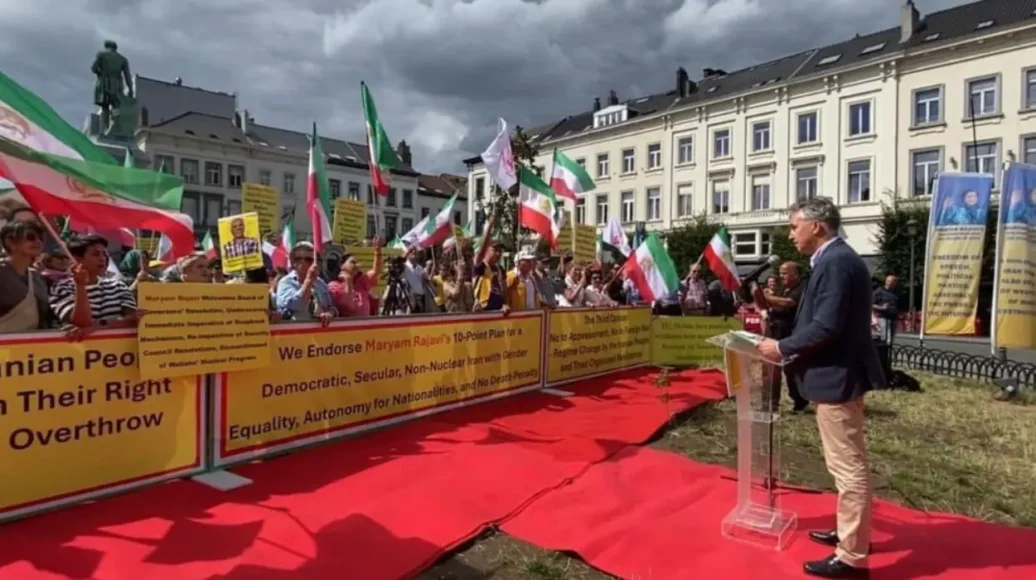
Leave a Reply